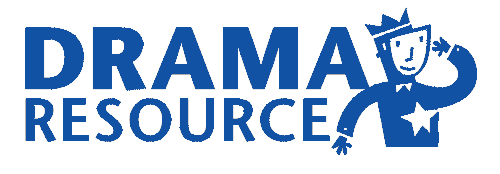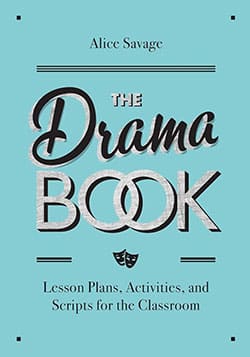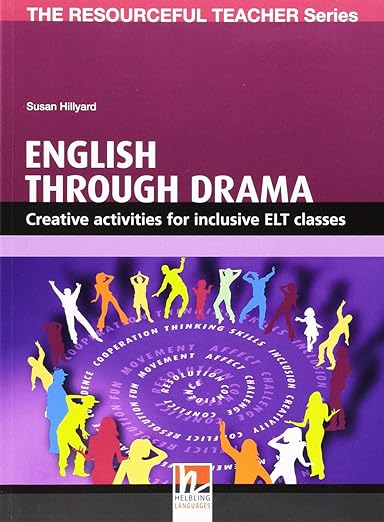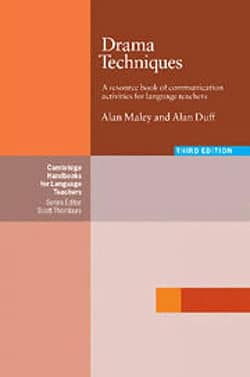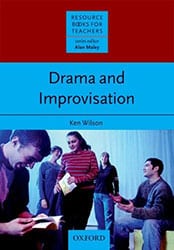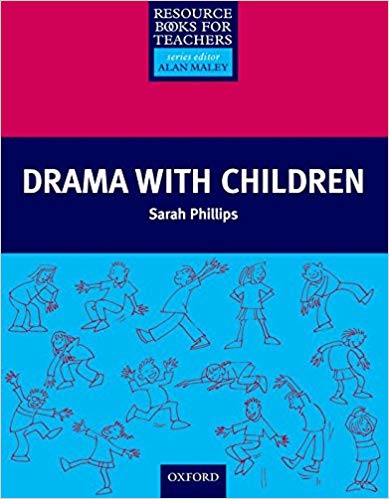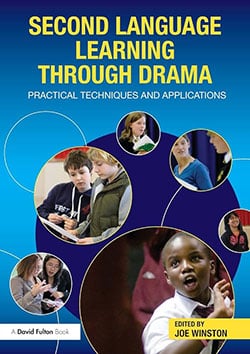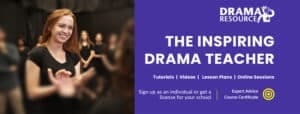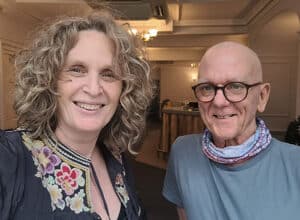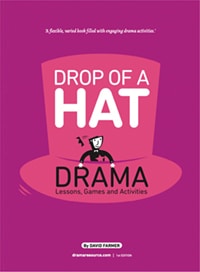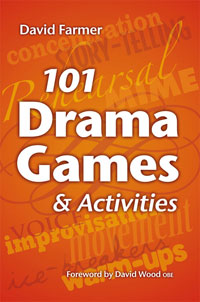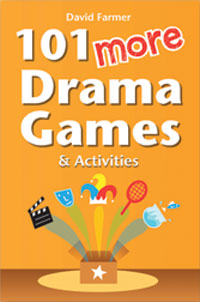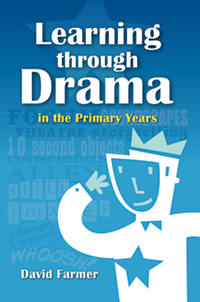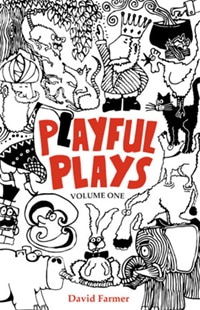Here are my favourite 6 books on using drama to teach a second language. Each one has a different focus, and they are all very useful! If you click on the links you can buy them from Amazon.co.uk.
The Drama Book: Lesson Plans, Activities, and Scripts for English-Language Learners by Alice Savage (Alphabet Publishing) 2019
A comprehensive guide to using plays and drama activities, ideal for those working with English language learners, this practically-oriented book also includes thoughtful explanations of drama theory. It’s packed with useful ideas and perfect for those working with English learners as well as other teachers wanting to explore scripts and monologues with their students.
This book introduces a wide range of drama activities for children and young people including physical and vocal warm-ups, improvisations, lesson plans and short scripts for performance. The introduction highlights the importance of an inclusive approach to specific needs such as dyslexia and ADHD, as well as advice about classroom management.
Classic text now in its third edition, with over 150 activities for fluency practice, suitable for all levels.
Improvisational approach with lots of practical ideas reflecting the author’s wide experience, including plenty of ideas for variations according to ability.
Simple ideas for using drama with young children in EFL teaching. Includes chants and songs, sketches and games as well as practical ideas for puppet-making and worksheets. Clearly laid out and easy to use.
Quite theoretical, with academic contributors discussing a range of topics including digital storytelling, assessment, process drama and storytelling in an international context.
